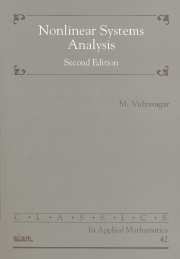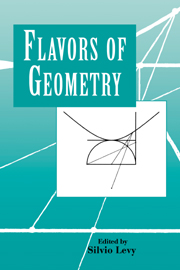Deterministic Observation Theory and Applications
This 2001 book presents a general theory as well as a constructive methodology to solve 'observation problems', that is, reconstructing the full information about a dynamical process on the basis of partial observed data. A general methodology to control processes on the basis of the observations is also developed. Illustrative but also practical applications in the chemical and petroleum industries are shown. This book is intended for use by scientists in the areas of automatic control, mathematics, chemical engineering and physics.
- Deals with real applications
- Of interest to a diverse audience
Reviews & endorsements
Review of the hardback: '… an extraordinary book, establishing a new paradigm in the observability theory of nonlinear systems.' Zentrallblatt MATH
Product details
No date availablePaperback
9780521183864
238 pages
229 × 152 × 14 mm
0.36kg
Table of Contents
- 1. Introduction
- Part I. Observability and Observers:
- 2. Observability concepts
- 3. The case dy ≤ du
- 4. The case of dy < du
- 5. Singular state-output mappings
- 6. Observers: the high-gain construction
- Part II. Dynamic Output Stabilization and Applications:
- 7. Dynamic output stabilization
- 8. Applications
- 9. Appendix
- 10. Solutions to the exercises of Part I
- Bibliography
- Index.






